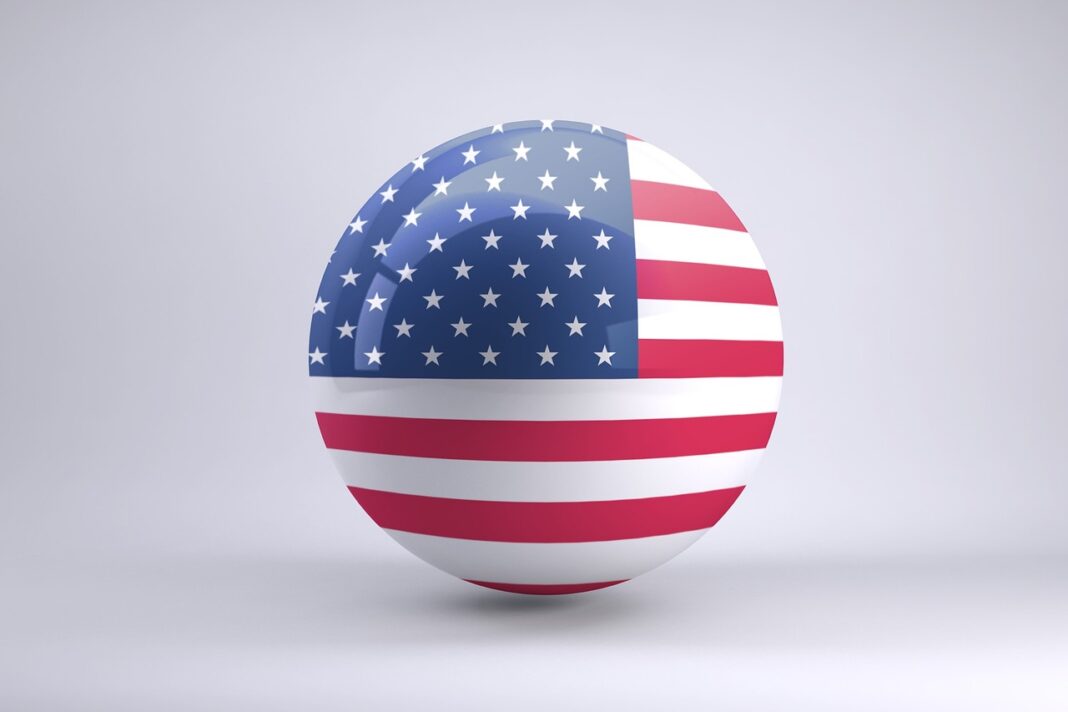The United States has announced significant new tariffs on solar panel imports from four Southeast Asian countries—Cambodia, Vietnam, Malaysia, and Thailand—following a year-long investigation into alleged unfair trade practices. The Department of Commerce concluded that manufacturers in these countries were benefiting from government subsidies and selling products below production costs, actions deemed harmful to U.S. solar manufacturers.
The newly imposed tariffs vary by country and company, with Cambodia facing the steepest duties at 3,521% due to non-cooperation with the investigation. Vietnamese companies could see rates up to 395.9%, Thai firms up to 375.2%, and Malaysian producers up to 34.4%. These four countries collectively supplied approximately 77% of solar modules imported into the U.S. in 2024, amounting to $12.9 billion in equipment.
The tariffs have elicited mixed reactions within the U.S. solar industry. Domestic manufacturers, such as Hanwha Qcells and First Solar, who initiated the investigation, view the duties as necessary to counteract unfair competition and protect American jobs. Conversely, renewable energy developers express concern that the increased costs for imported components could hinder the growth of solar infrastructure projects and slow the transition to clean energy.
The U.S. International Trade Commission is scheduled to make a final determination on the tariffs in June. If upheld, these measures could significantly reshape the U.S. solar supply chain, prompting a reevaluation of sourcing strategies and potentially accelerating domestic manufacturing efforts.




